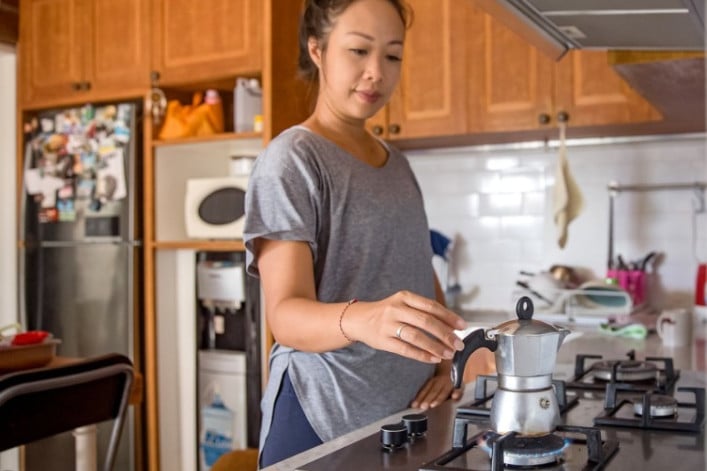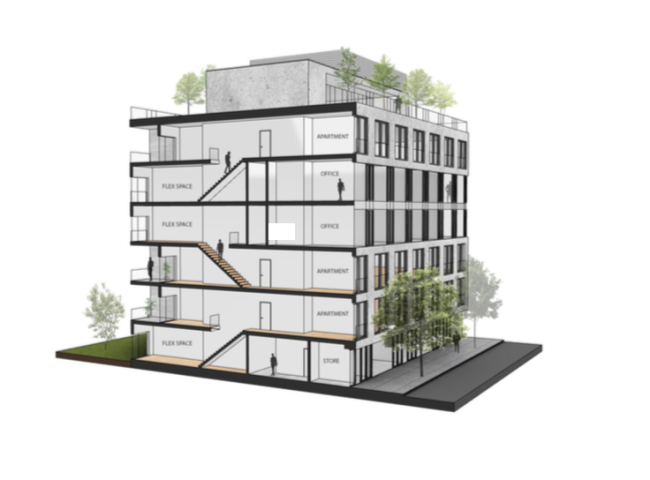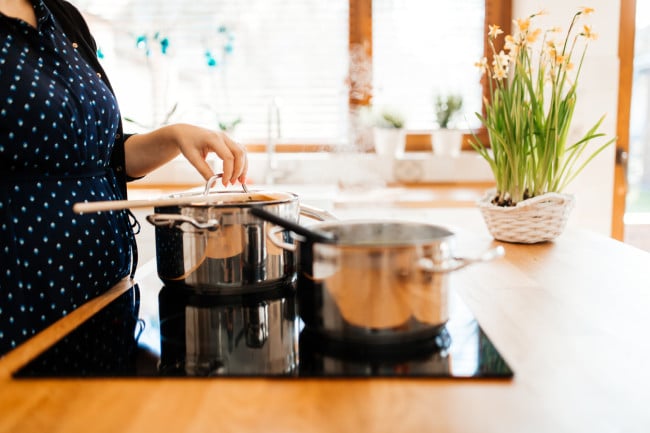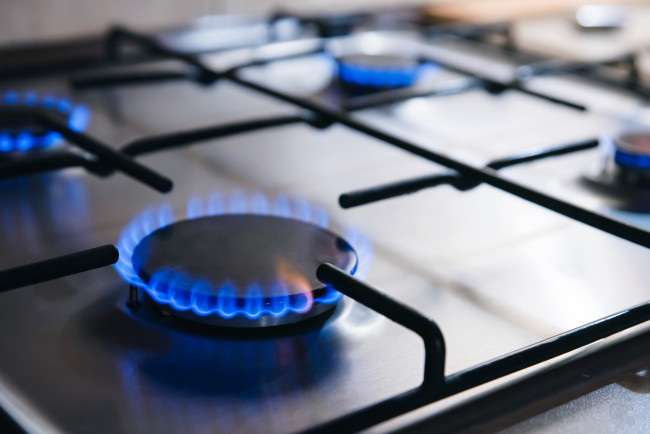Could pollutants from your gas stove contribute to your coronavirus risk?

A new study indicates exposure to NO2—the main pollutant from gas stoves, can make coronavirus a bigger risk in some populations.
iStock
The coronavirus pandemic has highlighted the importance of fresh air and good ventilation in stopping the spread of this airborne virus. But sitting in your kitchen is something that could be polluting your indoor air, raising your risk for respiratory problems, and compounding the dangers of coronavirus: your gas stove.
Brick doesn’t have an agenda against gas stoves, really. But the evidence is piling up: Last month, in a piece about electric and induction cooktop alternatives, writer Evelyn Battaglia wrote about how cooking on gas stovetops or in gas ovens can spike emissions of nitrogen dioxide and carbon monoxide to levels that would violate outdoor pollutant standards. The risks are especially high for young children, who are more susceptible to asthma, according to an article in the Atlantic.
Now a new study indicates exposure to NO2—the main pollutant from gas stoves, can make coronavirus a bigger risk in some populations. According to a piece on Undark, a science and sociology magazine, a recent peer-reviewed study from Emory University looked at Covid-19 mortality data in more than 3,000 U.S. counties. It found “long-term exposure to elevated NO2 was correlated with a higher risk of death from Covid-19.”
The piece goes on to say that scientists and public health experts have long been clamoring for better health oversight of this “health threat that has been hiding in plain sight for decades.”
But giving up gas stoves will be a tough sell to New Yorkers who know doing so can hurt resale value and foodies who believe cooking on gas is superior to electric. (We know: We get lots of pushback when we suggest owners swap out their gas cooktops for electric or induction ranges when planning a kitchen renovation.)
But if you need yet another reason, consider this: NYC’s new Local Law 152 requires inspections of gas lines by a licensed master plumber every four years. If an inspection turns up any issues in your building, your gas could be shut off and it can take a while to be restored. If you convert to electric, you won’t be cooking on a hot plate.
You Might Also Like



























